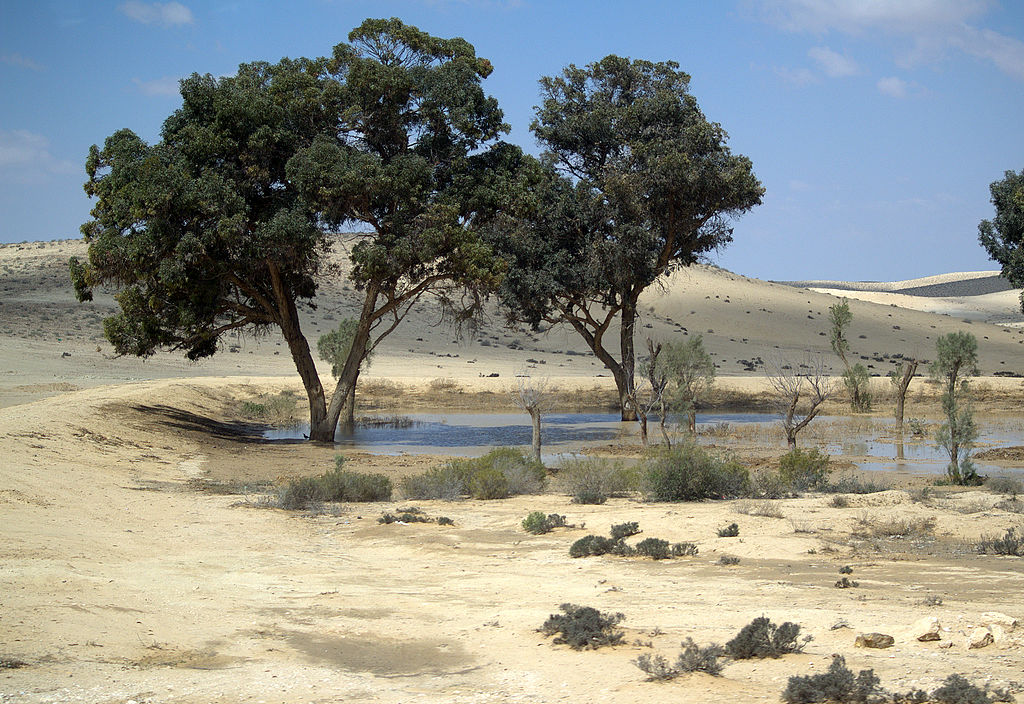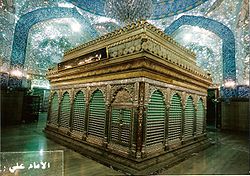
My one-line review of The Shape of Water for Facebook
I went for the beautiful. Stayed for the overlong, derivative, pig in lipstick movie. Del Toro snoro.
I suppose daring to put out negative reviews on Facebook invites conflict. I did it anyway, since I rarely leave a movie so irritated. Maybe I was just in a bad mood. But probably not, since I usually even like the bad ones (like Downsizing!). But I needed to say something lest everyone run out expectantly when it wins some Academy Award.
A lot of reviewers think this movie is great.
The most welcome and notable thing about The Shape of Water is its generosity of spirit, which extends beyond the central couple. Full review
Guillermo del Toro’s The Shape of Water elegantly blends whimsical fairy tale with a fresh spin on classic monster movies for a delightful experience. Full review
However, the Observer called it
A loopy, lunkheaded load of drivel.
It won two Golden Globes and was nominated for five more. Like the foreign press noted, it does have a wonderful score and it is a feast for the eyes. I think the acting is a credit to the actors, who were given one-dimensional characters to play. I almost decided to suspend my criticism when [spoiler alert] the souped-up creature from the black lagoon mimicked Fred Astaire in black and white. (I am one of those people who brakes for Fred and Ginger on TCM). But I guess I was already homaged to the breaking point.
Instead, I ended up with two reactions:
Enough already with the magical alternative family!

Once again we have lonely lost souls creating an alternative family. Wasn’t this done to the saturation point with Friends? We’ve had fourteen more years of saturation since that show ended. OK, we get it. There are a lot of brave, lonely souls out there who can’t seem to be accepted for who they are. We are all like that and society stinks. But here we go again anyway.
The family clings together in the middle of a rotting 60’s city, rundown apartments and an overwhelming, secretive, cold war, government installation. The villain is not only a bureaucrat, he’s a suburban lunkhead and a Christian fundamentalist. I share your prejudices, but enough already!
Beauty and the Beast made $1.2 billion dollars last year. Weren’t we saturated with that story when the Disney gave us the first movie in 1991? (I was). But here we go again. Del Toro wants to take it a bit farther so his nonhuman monster becomes the romantic hero. Even they are worthy of love and acceptance. The audience is invited to kiss that beast.
I am down with love, acceptance (and I will add the crucial forgiveness). They are basic to the message of the gospel. And I understand alternative family, I have been living in Christian community since I began to follow Jesus. I never submitted to silly men and the damaging institutions they create, at least not for long. I appreciate artists expanding my vision. You’d think I’d love this thing. But this redundant messaging from filmdom borders on propaganda and us autonomous souls relating to the screen are its victims.
Enough already with the magic of romantic (mainly sexual) love!

Surely everyone interested in this film knows this, so I won’t consider it a spoiler. At the end of the movie there is a violent scene in which the lovers, mute girl and amphibian, are shot. The creature heals, gets up to slice the shooter’s throat, picks up his dying lover and dives into the water with her. In his natural element, he not only revives her, he gives her gills.
To be fair, Del Toro, steeped in religion as he is, says of this ending, “A very Catholic notion is the humble force, or the force of humility, that gets revealed as a god-like figure toward the end. It’s also used in fairy tales,” which he loves. “In fairy tales, in fact, there is an entire strand of tales that would be encompassed by the title ‘The Magical Fish.’ And [it’s] not exactly a secret that a fish is a Christian symbol.” That should make me feel better, shouldn’t it?
But I missed that symbolism completely. If you go see the movie, it will probably help to see it in that light. What I got was the final, summarizing voiceover from the narrator.
When I think of her, of Elisa, all that comes to mind is a poem. Made of just a few truthful words… whispered by someone in love, hundreds of years ago…:
Unable to perceive the shape of You,
I find You all around me.
Your presence fills my eyes with Your love,
It humbles my heart,
For You are everywhere.
That would be a great prayer, wouldn’t it? Instead, it was pictured as a moment when the male sea creature gives his mate the capacity to become one with him after she saves him to do it. That’s one problem. More generally, it is a moment when love becomes all. It shows us that the magic of our love is beyond us; it is where we find our shape. When it is actualized, we are created. The words could be straight from a Christian mystic, which I appreciate. But the visual container is free of God content. It reinforces the repetitive teaching that we must find a lover who accepts us as we are and magically makes us who we can become. They are god-like. Their presence fills us. Enough already!
I have a good marriage, but as godly as my wife is, I know she is not God. I am glad we know we are not gods and love the Father of our Lord Jesus Christ so we do not kill our relationship with expectation and despair. This movie would be a great reason to never get married. Because we know the beasts do not always get beautiful enough to look good at the ball. The monsters do not all turn out to be healers. Magic does not begin with or reside in sexual attraction. Life is not really the way the movie taught us AGAIN.
Like the movie, this short post brings up more to talk about than it attempts to answer all the questions. The film tells a story. It is a love story on many levels, which is nice. I have a story of my own in response. And I link my story to Jesus, not hidden in the fine print, not symbolized in the fish, but Jesus right out there for everyone to see, the one who can truly remake us into the shape to love and who is present with us when we can’t or don’t, too.
Subscribe to Development! Hit the “follow” button after you type in your email. Thanks for reading!

 Long before we know Jesus, we have had experiences of being swept up in the flow of God’s good purpose. This “quality of aliveness” was called “righteousness” in the Old Testament, as in Psalm 23: “He restores my soul; he guides me in the paths of righteousness.” Unlike how many people read that couplet, the psalmist did not mean we should stay within the lines of a moral template so we will succeed at building an ideal replica of God’s kingdom and be justified by it. The poet was reminding us we live in a Spirit-charged “force field” (as we might picture it), a force field in which everything we do must move in order to come to fruit. The inner and outer need to sync up: our souls are restored and our feet are guided; as Jesus says, we become good trees that bear good fruit; as Psalm 1 says, we are good trees planted by flowing streams of righteousness.
Long before we know Jesus, we have had experiences of being swept up in the flow of God’s good purpose. This “quality of aliveness” was called “righteousness” in the Old Testament, as in Psalm 23: “He restores my soul; he guides me in the paths of righteousness.” Unlike how many people read that couplet, the psalmist did not mean we should stay within the lines of a moral template so we will succeed at building an ideal replica of God’s kingdom and be justified by it. The poet was reminding us we live in a Spirit-charged “force field” (as we might picture it), a force field in which everything we do must move in order to come to fruit. The inner and outer need to sync up: our souls are restored and our feet are guided; as Jesus says, we become good trees that bear good fruit; as Psalm 1 says, we are good trees planted by flowing streams of righteousness.


 Last night I was in a rush to get home and enjoy my yearly viewing of
Last night I was in a rush to get home and enjoy my yearly viewing of  Today, on
Today, on 



